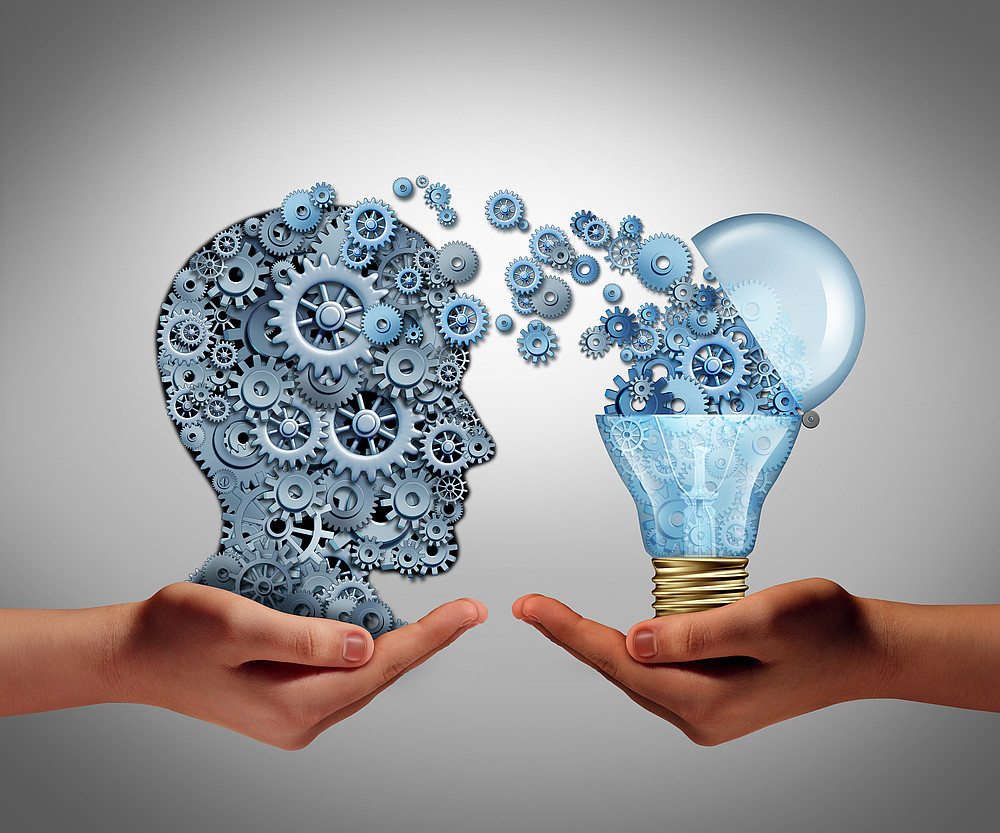in-SYNC
Inspiring Self-control bY Neurobehavioral Coupling
One of the most important human abilities is to learn by observing others. Instead of engaging in an arduous and potentially dangerous trial-and-error process to solve a problem or accomplish a task, people can simply observe others who excel at the task and mimic their behavior. In the 1960s and 1970s, research into model learning led Albert Bandura to develop one of the most important theories in psychology: 'Social Learning Theory'. The mechanisms that Bandura cited at this time as the basis for observational learning were general cognitive processes of attention, memory and motivation. The research project "Inspiring Self-control bY Neurobehavioral Coupling" aims to test the hypothesis that a more specific mechanism makes this method so successful: the tendency of people to spontaneously empathize with others and adopt their perspective, thoughts and feelings.
Our research project uses an interdisciplinary approach to investigate the role of simulation mechanisms in model learning. In a series of behavioral studies, we will test whether observers unconsciously imitate the facial expressions of the observed persons, i.e. the models, and whether this imitation promotes learning from the model. In addition, we will investigate on a neuronal level whether the brain activity of the observers imitates the brain activity of the models (brain-to-brain coupling). It is assumed that this imitation at the neuronal level makes changes in the behavior of the observers predictable and is associated with greater learning success.
Exploring the cognitive and neural mechanisms on which model learning is based will allow psychologists to gain a deeper understanding of one of the most effective ways in which humans learn.
Funded by: FWF - The Austrian Science Fund
Duration of the project: September 2021 - August 2025
Research team: This research is led by Dr. Gayannée Kedia, an expert in social neuroscience, in collaboration with Professors Katja Corcoran, Guilherme Wood, Marc Scholten, and Wolfgang Tschacher, experts in social influence, fMRI methods, delay discounting, and mimicry.
